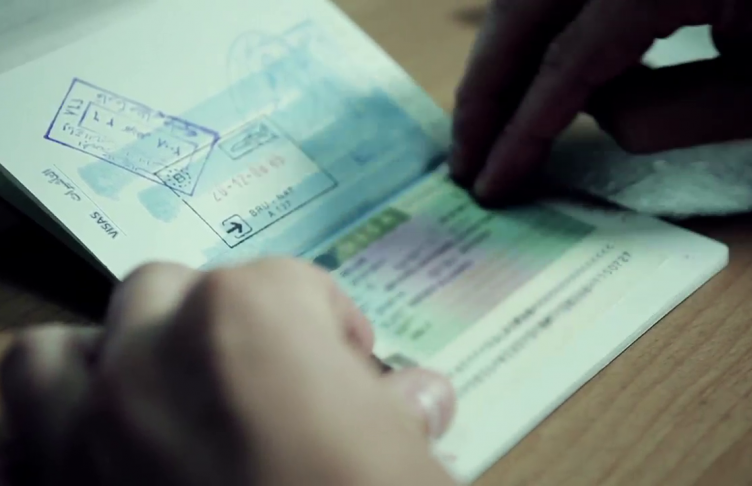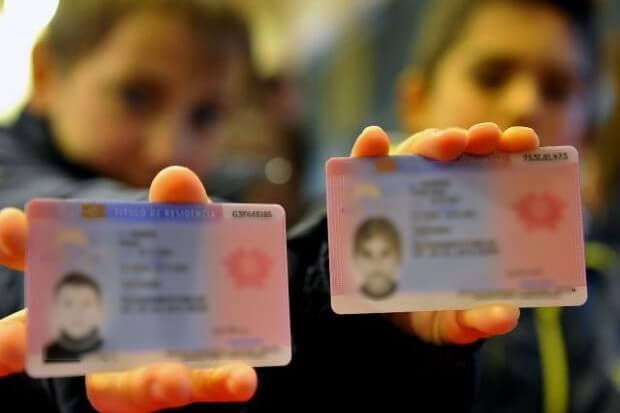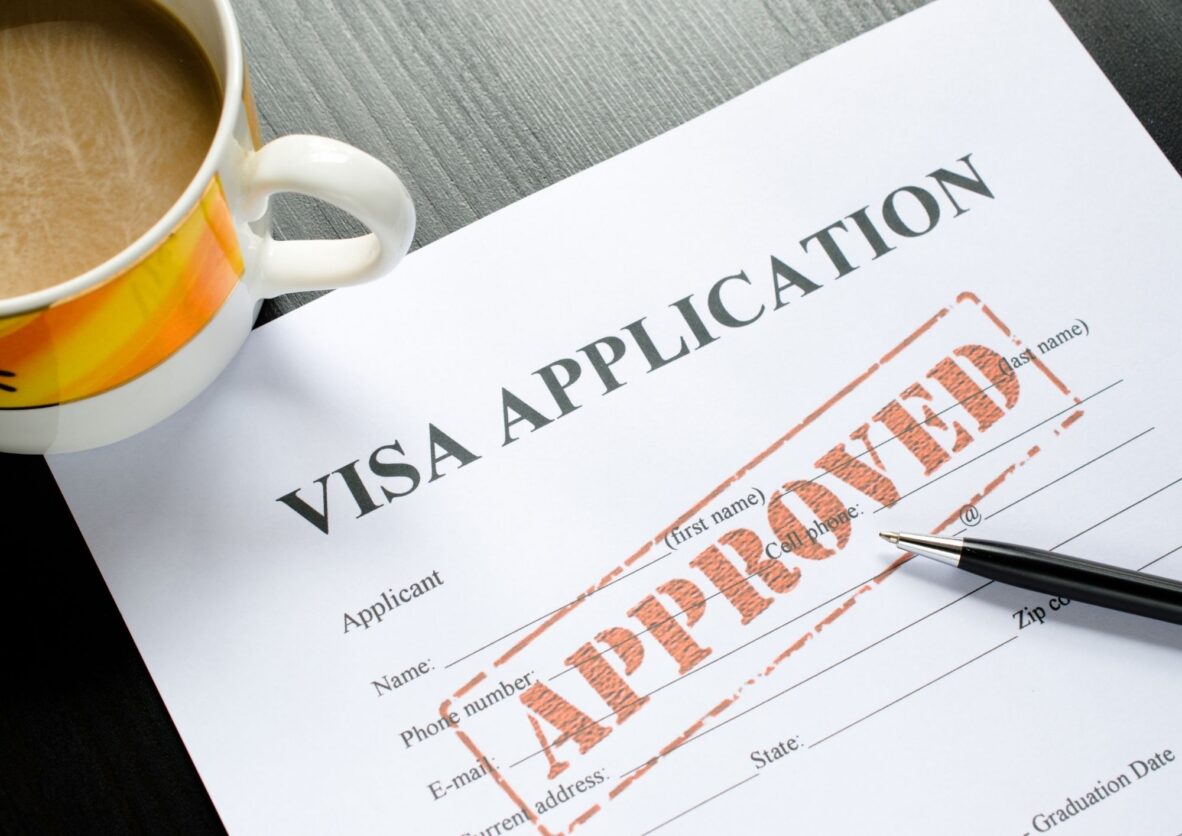Do I need an Italian Visa?
Italy is one of the European Union member states, so if you come from an EU country, you are exempt from applying for a visa. There are other countries- that aren’t part of the EU – whose citizens are exempt from applying for a visa, like Mexico, Uruguay, and Venezuela.
If you, instead, don’t come from an EU state and want to stay up to 90 days, you have to apply for a short-stay visa, the so-called Travel visa.
For staying more than 90 days, you have to apply for a long-stay visa.
What do I need for a travel visa?
If you come from outside the EU, and you want to stay in Italy for less than 90 days, you have to apply for a short-stay visa. The documents you need to present are:
- Application form correctly filled out
- A valid passport, with an expiration date of at least 6 months after returning to the country
- Recent passport-sized photograph
- The return ticket
- Proof of accommodation or a hotel reservation
- Travel insurance with a minimum coverage of € 30,000
- Demonstration of personal financial means
- Documents showing your socioeconomic status
And if you want to come and study in Italy for more than 90 days? As we wrote above, you have to apply for an Italian student visa.
What do I need for a student visa?

If you come from a country different from the European Union member states, like Kenya, the USA, Cambodia, and others, you have to get an Italian student visa to come and study in Italy.
To obtain a residence visa for more than 90 days in Italy (type D), you need to have the following documents:
- The certificate of registration for a course of at least 20 hours per week for the entire period of your stay
- Proof of total payment for the course
- Accommodation like your own apartment, or the booking of a hotel or a residence. If you will be hosted by a person, you have to send an Invitation Letter
- A health insurance policy that covers the entire period of your stay
2025 Updates
Starting January 2025, new procedures have come into effect for long-term national visas (type D):
- Mandatory in-person appointment: all applicants must appear in person at the Consulate.
- Fingerprinting: biometric data will be collected during this appointment.
- Attention to costs and timing: it is important to plan ahead for logistics, including travel and bookings.
Some Advice for the Visa Application
One suggestion we always give to students who contact us is to include a motivation letter with their application. This letter is not compulsory, but it can help the members of Visa Offices when they are in doubt about your real availability to come and study in Italy.
The more you can prove to be interested in coming to Italy and in the topic you will come to study, the more chances you will have of obtaining a visa. Today, you can demonstrate a passion in different ways, not only with a letter but also with modern media.
Another thing you need to know is that you don’t already have to know the Italian language, but it’s nice if you want to get a student visa.
If you do not speak Italian but have begun to study it in a school like Europass, a member of ASILS and Eduitalia, you can prove that you are trying to learn it in an internationally recognized school.
Obviously, with this advice, we do not guarantee that you will get your visa, but we try to help you get it. Sometimes, in fact, your application may be rejected after all. Don’t worry, though! What can you do in this case?
You can choose one of these methods:
- Applying for a short visa to come to Italy, and perfect your speaking skills with one of our Italian language courses.
- Writing an appeal letter
The appeal in case of visa refusal
If your application is refused by the Italian Embassy of your country or the Consulate, you have 60 days to appeal to the TAR – Administrative Tribunal of Rome.
Europass, in collaboration with the associations to which it belongs – Eduitalia and Asils – will deal with the appeal for you. We will check that all the documents you have sent are filled out – if they’re not, we will help you correct them – and help you write a well-written appeal letter. We will also find any evidence to present to the TAR to prove that the refusal wasn’t correct.
After you get your visa, don’t forget that within 8 days of your arrival in Italy, you must request a residence permit.
What do I need to obtain a residence permit?

You can apply for your residence permit at the so-called “Questura”- the police headquarters – of the Italian city you live in. They will give you an appointment to go to the police headquarters with your photos to be registered.
After you are accepted to the course you requested to attend, this is the process: the student must go to the post office to pick up the yellow kit for this procedure, with the forms to be completed.
Once done, he returns to the post office, leaves the forms, and immediately receives an appointment at the Questura to issue fingerprints and obtain permission. The student has to go to the Questura with these documents: a valid passport, medical insurance cover, and a certificate of enrollment in a school.
Throughout all processes, the student is helped by our help desk if they are at Europass.
You have the obligation to attend the course, and you can’t miss it for more than two days. But you can also work. Your student visa, indeed, allows you to work in Italy up to a maximum of 20 hours per week, as long as the work does not conflict with the course schedule.
Later, you can convert your residence permit for study into a residence permit for work reasons if you have the necessary requirements.
So, what are you waiting for? Europass is a member of ASILS and can help you with your visa application.
Contact us to have other information to come and study in Italy. We will tell you all you need to know to have a fantastic study experience in Italy.
Stay updated on the latest news and valuable insights about obtaining an Italian student visa. Subscribe to our newsletter and follow us on social media for more helpful tips and resources to make your study abroad dreams a reality.


thanks❤❤
Thanks for providing thus kind of information
Thank you for following us!
I am honored to have the opportunity to pursue my studies in Italy. This experience will allow me to broaden my academic horizons, engage with diverse perspectives, and immerse myself in Italy’s rich cultural and intellectual heritage.”
I’m planning a trip to Italy soon, and I couldn’t be more excited! It’s been a dream of mine for years to explore the history, culture, and—of course—the food. I’m especially looking forward to visiting Rome, Florence, and Venice.
If anyone has recommendations for hidden gems, local food spots, or tips for getting around, I’d love to hear them. I’m also interested in learning a bit of Italian before I go—any advice on
Thanks for your assurance
This is really good info about an Italian student visa. I really appreciate your research. Thanks for sharing the requirements and advice for the visa application.
Hi Mike, thanks a lot for your positive feedback! happy to hear!
This site has been very helpful
Thank you Ebenezer!
Thanks for providing thus kind of information
yehhh definitely I have been looking for profitable program like this thank God I found one